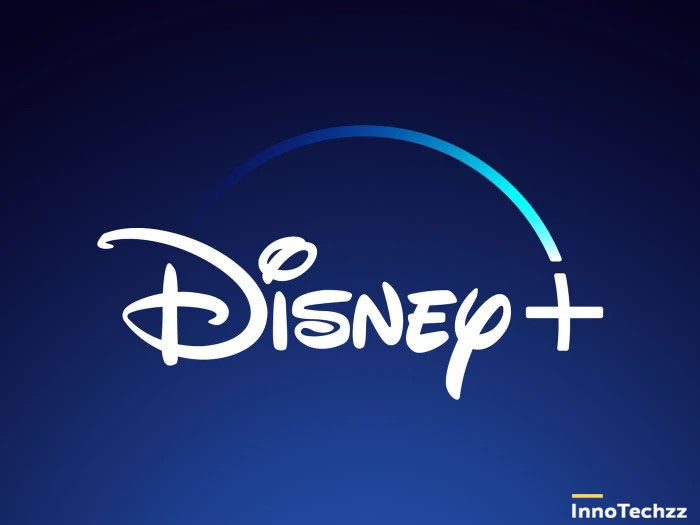Disney+ shines in the midst of the streaming TV competition

The battle for streaming television is heating up, with Disney revealing on Wednesday that it is narrowing the gap on market leader Netflix, which has slowed its pace.
The US entertainment behemoth blew past analyst projections for new subscribers to its flagship streaming service Disney+, achieving 129.8 million worldwide, five million more than experts had projected.
Netflix had 221.8 million customers at the end of the year, a huge amount, but growth was slowing.
Of the streaming rivals, CFRA analyst Tuna Amobi said, "We clearly realise the pie is big enough for both firms to prosper."
"What is undeniable is that the rivalry has heated up."
Under the lockdown lifestyles brought on by the pandemic, Netflix and Disney+ both witnessed an increase in subscribers.
As epidemic restrictions loosen, Disney, the Hollywood entertainment powerhouse that turns 100 next year, had a surge in streaming subscribers, while Netflix saw a slowdown.
In an earnings release, Walt Disney Company CEO Bob Chapek remarked, "Our unequalled collection of assets and platforms, creative talents, and unique place in the culture give me great confidence we will continue to define entertainment for the next 100 years."
The corporation, whose empire encompasses everything from movies to theme parks and streaming services like Hulu and ESPN+, announced a profit that surpassed expectations on sales that jumped to $21.8 billion in the final three months of 2021, beating expectations.
Disney has a large content pipeline and well-known properties like "Marvel" and "Star Wars," whereas Netflix has had success investing in original material from Hollywood and beyond.
Insider Intelligence analyst Paul Verna commented, "These results speak loudly for Disney's renowned brands and its ability to climb above the competition in an increasingly congested digital media industry."
Originality
Disney is mimicking Netflix's strategy of investing in local content that appeals to the language, culture, and tastes of individual international markets, similar to Amazon's Prime video streaming service.
"We've built a new division within the company to shepherd production of that material," Disney's Chapek said, adding that the firm hopes to get "some global blockbusters" from locally produced content.
Netflix has proven that this strategy works by supporting original hits like South Korea's "Squid Game" and France's "Lupin."
Outside of the United States, Disney said it is working on 340 programmes that will be released in the next 18 to 24 months.
Disney, which is based in Southern California, is only available in roughly 60 countries, compared to more than 190 for Netflix, but it plans to expand to 100 more by 2023.
According to Amobi, Disney+ subscriptions could help close the gap with Netflix once it arrives in all of those nations.
In India alone, Netflix, Disney, and Amazon compete in a market with an estimated 60 million to 70 million paying members last year.
However, international expansion comes with the proviso that membership fees in other countries are typically significantly lower than in the United States.
In order to stay competitive, Netflix lowered its prices in India towards the end of last year.
In India, where revenue per user is smaller than in other countries where its streaming service is established, Disney relies on its subsidiary Hotstar.
HBO and its HBO Max service, with just under 74 million total subscribers, more than half of whom are in the United States, lack the firepower of Amazon, Disney, and Netflix.
HBO may gain traction as a result of a planned partnership with Discovery+, which is scheduled to be formalised by the middle of the year.
Peacock, which is owned by NBC, as well as Paramount+ and even Apple TV, are currently distant second-place finishers to the top contenders.
"Streaming platforms continue to be popular," analyst Amobi told AFP.
"Those tailwinds were accelerated by the pandemic. How many of those winds could reverse after the epidemic is the question."
By 2026, according to Digital TV Research, online video services will have 1.7 billion users worldwide.
Netflix CEO Reed Hastings recently stated, "There is more competition than there has ever been."
Overall, he believes that traditional television will fade away over the next 10 to 20 years, with streaming becoming the new standard.
Posted By InnoTechzz